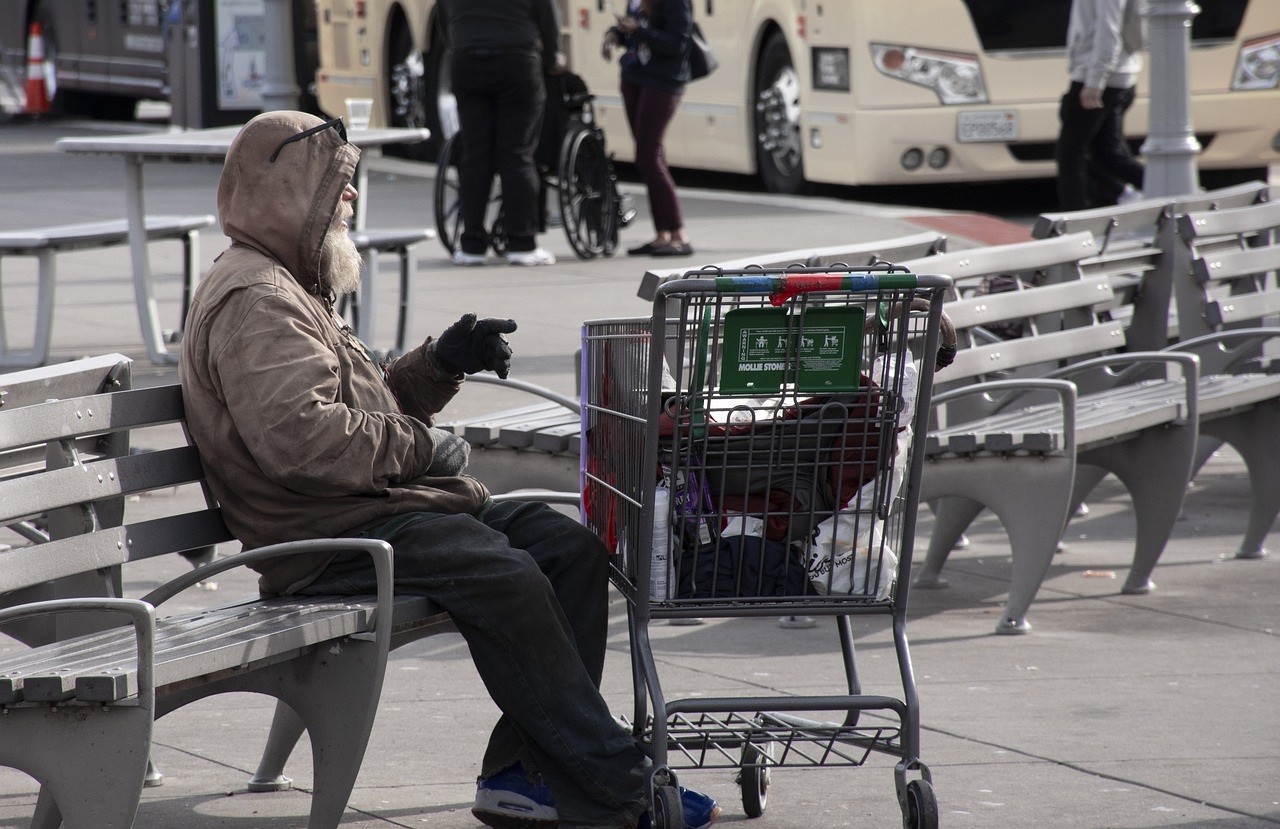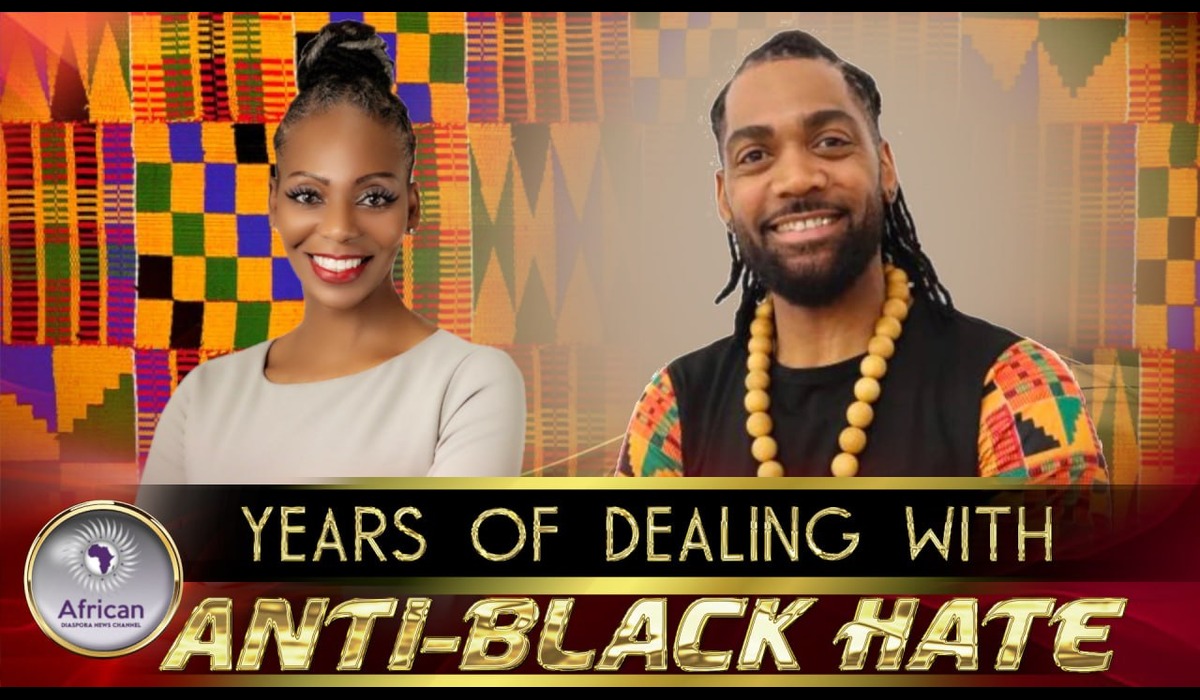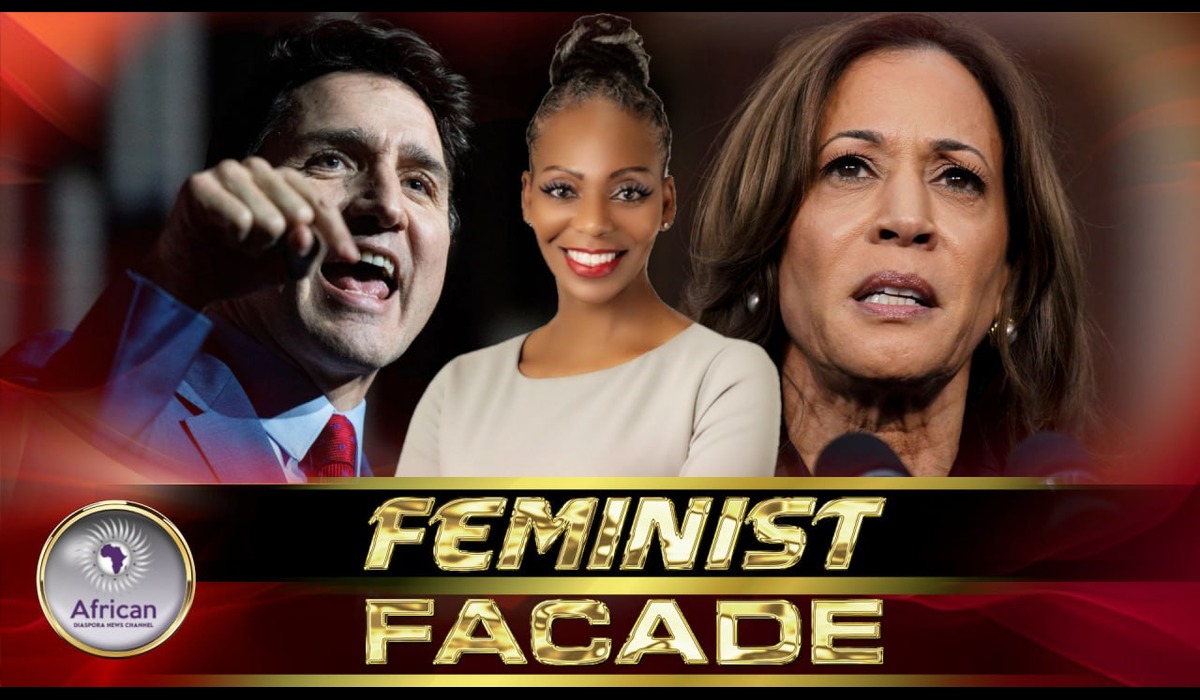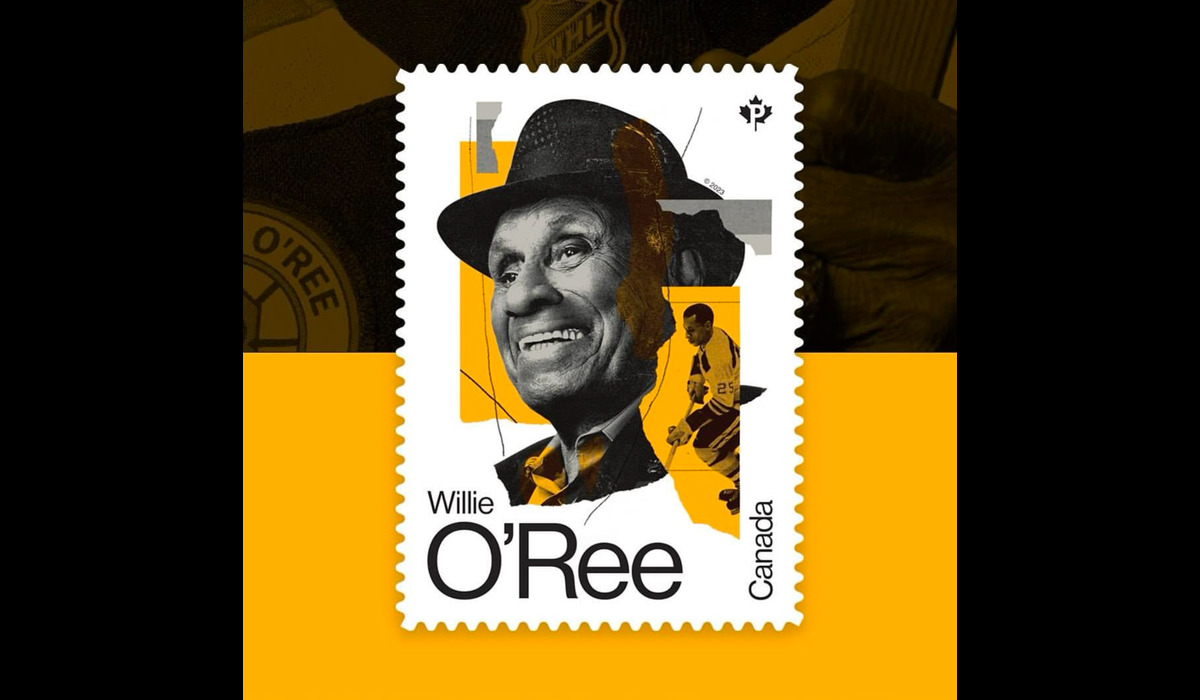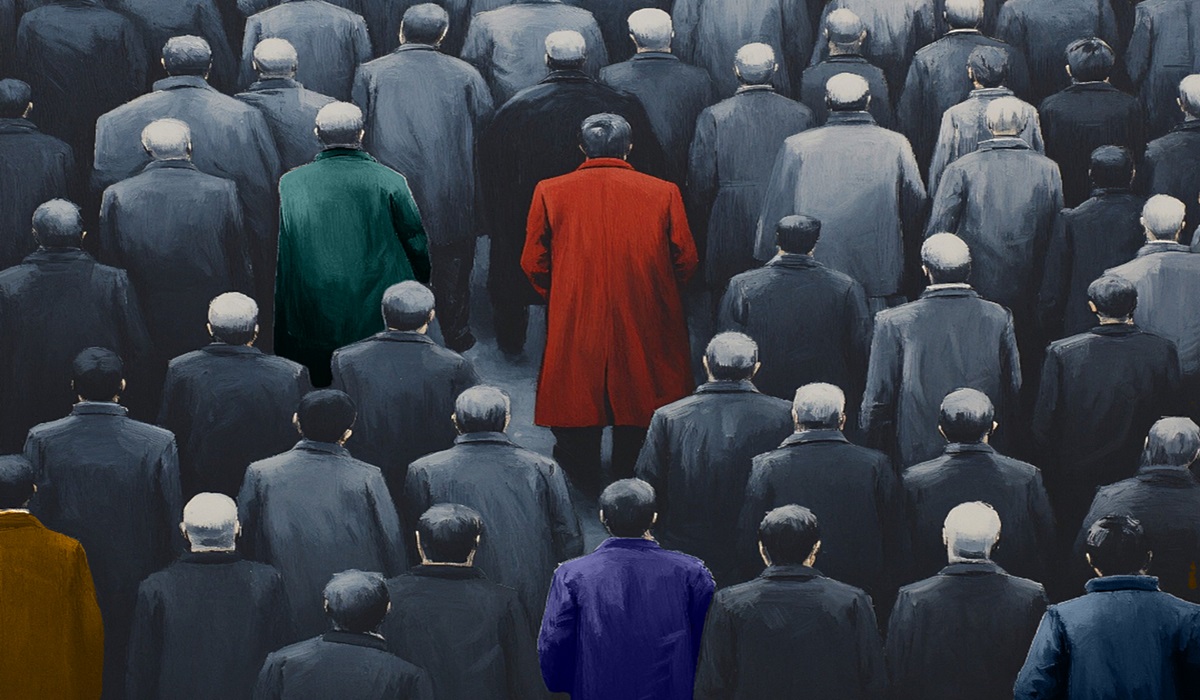What Is The Official Definition Of Poverty In 2020? Encouragement Enrichment Empowerment for All!

I began studying poverty only after falling through our country’s safety nets and finding myself in this condition. The circumstances that led me into poverty can be left for another conversation.
Let me tell you: I was gobsmacked when I read, in A Backgrounder on Poverty in Canada October 2016, the first sentence on the first page reads, “The Government of Canada does not have an official definition of poverty.”
Not having a definition seems nonsensical to me because one cannot wage an effective war on an uncertain blurry target. Organizations’ past behaviour seemed as though flailing at the branches of the problems of the poor, whereas targeting the root cause is more effective. Frustrated and with this in mind, I composed one.
Since then, I found, in the Crown publication Opportunity for All – Canada’s First Poverty Reduction Strategy (2018) on page 7, where ‘poverty’ is defined as “The condition of a person who is deprived of the resources, means, choices and power necessary to acquire and maintain a basic level of living standards and to facilitate integration and participation in society.” I cannot say if this is ‘official’ as it has not been written into any Act of Parliament.
The definition I composed comes from being such a parent! All I had to do was to think of the needs of my child. This recent Government of Canada definition does not include the qualifier ‘dignity’, and, what with humans’ emerging enlightenment about the importance of good mental health, I believe the absence or the presence of this state of confidence in one’s own self-worth could not be omitted. And no mention of access either! In order to acquire an EKG, one needs to access a facility where it is offered, d’oh.
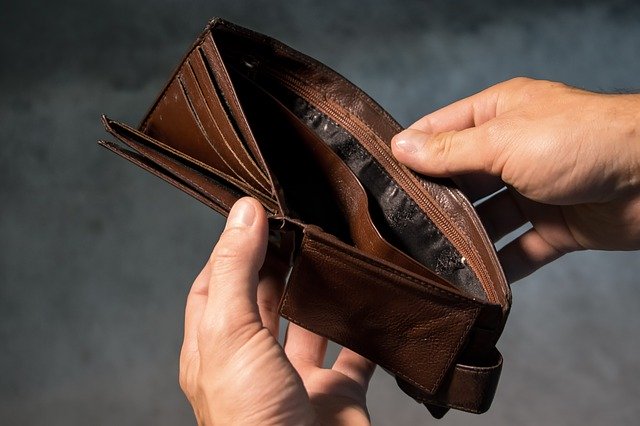
I also do not approve of the above definition because, what if I don’t like the society into which you are trying to ‘facilitate’ my ‘integration’? What if I do not want to ‘participate’ in your idea of “society”? When I was a little girl growing up in Winnipeg, I was told I could be a secretary, teacher, or nurse even though I wanted to be a firefighter.
I wanted to play soccer at the Windsor Park Community Club, and the first summer I did get to play. The next year the administrators corrected their error by offering “Boys Soccer” and knitting for the girls. My children were refused admission in a public school because of who I had married (“Un Anglais!”).
As a young man, my husband was refused service at a popular department store because he was a male with long hair. (Of course in Winnipeg — it even made the local papers!) I would much prefer to live as independently as possible, including having the ability to resist when Government, writ large, is wrong — and believe me, as a human-made organization, it errs frequently, though it does not always admit to these errors.
It is important to me the definition of poverty be relatable because I know a higher degree of relatedness among humans – the acknowledgement of our commonness – will result in suppression of conflict and an increase in cooperation. This community connectedness, with its wealth of trust and reciprocity, in measurable and well-documented ways makes us smarter, healthier, safer, richer and better able to govern a just and stable democracy.
Although poverty has been described as a violent act of financial malfeasance perpetuated by a power-holding minority upon a less powerful population, a definition that avoids the usual references to money is more truthful to the reality of living in poverty and to the reality for which money is used − which is to gain access to, to acquire, and to maintain − because position of influence or of respect can also be used to access, to acquire, and to maintain that which is required or is desired.
Humans also have other kinds of resources that are not reflected in monetary poverty which could be used to achieve an acceptable standard of living, for example, education, the support of family or of friends, savings, and access to credit.
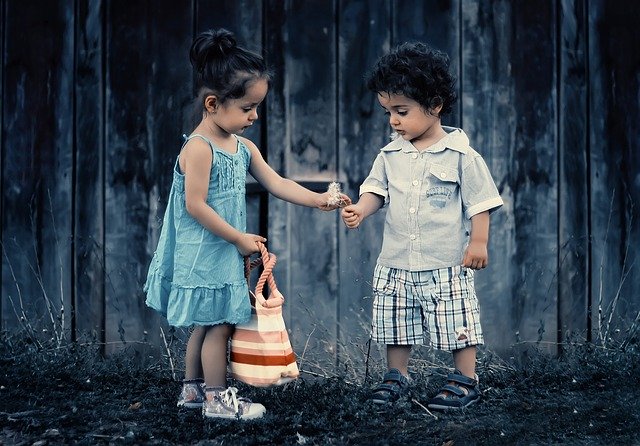
This definition of poverty is meant to create a relatable realistic understanding of poverty to help administration by giving a base against which to prioritize and quantify needs, and to develop concrete practical objectives and measurable outcome standards to improve humans’ ability to access, then to acquire, and to maintain the necessities to thrive (the essential amenities), thereby bringing relief of the poor.
The ‘common minimum standard’ referred to in the definition would be, to use the words of Adam Smith “… whatever the custom of the country renders it indecent for creditable people, even of the lowest order, to be without,” such as compulsory years of public schooling, safety standards, housing, or medical standards for malnutrition.
Poverty is the condition of a human being who is deprived of the resources, means, choices and or power necessary to access, to acquire and to maintain the necessities to thrive in dignity as independently as possible at a common minimum standard of living available to the general population. These necessities, to which to have the ability to access and to acquire, are:
Security, Shelter, Socialization, Water, Air, Food, Technology, Health care, Education, Justice, Employment, Consumer products, Control over their own economy, Leisure, and Living Nature.
A further definition of the scope of these human necessities (or needs, or essential amenities) follows.
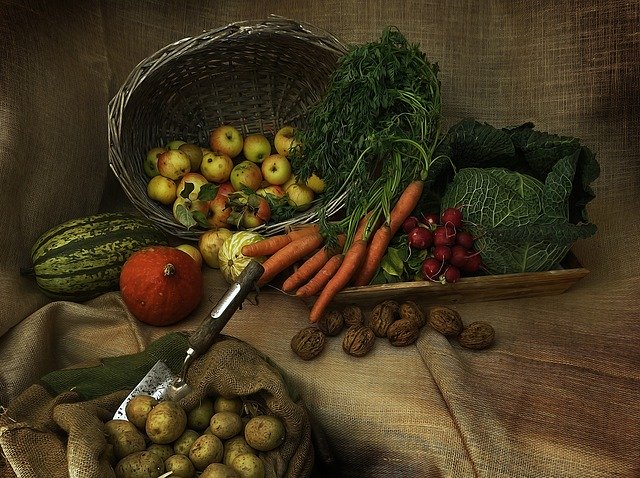
Security – both the actual amount as well as the perceived amount of security, and not just physical security, but security of tenure of housing and of employment as well as structural constraints to prevent unwanted parties from getting one’s data
Shelter – not just a structure to serve as a home (a physically and psychologically safe and secure place to call one’s own, within which to foster wellbeing and to sleep, where privacy and comforts are found, and needs are met), but also appropriate clothing as well as shelter from vector-borne diseases and extremes of Nature: atmospheric, geologic, animal, and insect.
Socialization – adequate appropriate social interaction with a wide-range variety of humans, as well as desired privacy (an insulated space that is somewhat separate from the surveillance, judgement and values of their surrounding society and culture, to give humans a place to discover and to develop an identity)
Water – sufficient amount of clear potable water to meet drinking, cooking, sanitation and first aid needs, and to sustain subsistence farming and animal husbandry where appropriate
Air – free of poisons, of pollutants (such as offensive odours, excessive vibration of unpleasant frequency [audible and inaudible sound], fine particulates, excessive number of electrons and or of photons) which is sufficiently oxygenated as to allow liberal physical activity [In a 2015 report, the International Institute for Sustainable Development calculated poor air quality resulted in the premature death of 7,700 Canadians and smog cost Canada $36 billion]
Food – a wide variety that is culturally appropriate, and will ensure optimal nutrition and help prevent lifestyle-related diseases as well as the related risk factors for these diseases (such as cardiovascular diseases, osteoporosis, certain types of cancer, type-2 diabetes, and obesity)
Technology – modern scientific and technological advancements such as communication devices (telephone), internet connectedness, electrical (power) distribution system, cooking appliances, entertainment devices, refrigeration, etc.
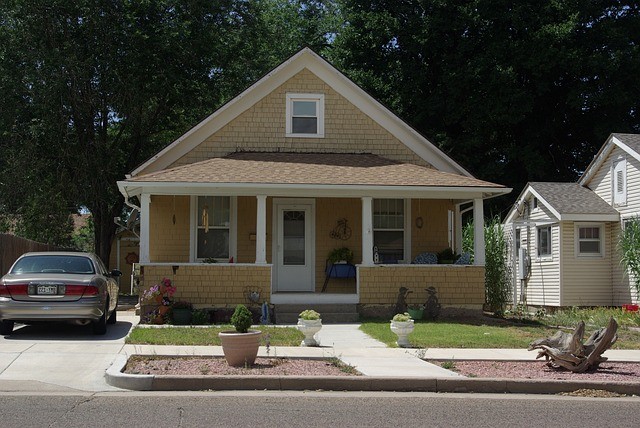
Health care – in all health fields whether mental, oral, or physical: timely and ongoing maintenance, preventative, diagnostic, urgent, and emergency care and treatment, including substances to treat and cure maladies, and medical, dental and assistive devices [*Healthcare vs Health care: “Healthcare represents the political, financial, historical, sociological, and social implications of a system that provides health care to the masses.” – per Victor Galli]
Education – life-long access to cultural, scientific, spiritual education: to match their level of development and their level of curiosity; to assist them into employment where they can function; to help them become and remain a complete fulfilled human
Justice – criminal, civil, socio-cultural justice: research shows humans have an innate sense of general expectation of fairness and of reciprocity (and babies are disturbed by displays of injustice even when the injustice does not apply to them)
Employment – includes paid and unpaid (parenting, for example) employment that is voluntarily taken on that is valued and is fulfilling because humans have an intrinsic need to feel useful, a need to be used though not to the point of abuse [Apathy, from a sense of worthlessness, is common life-threatening problem among half of nursing home residents]
Consumer products – ecologic (birth-to-birth) consumer product merchandise: items of common or daily use necessary to assist in attaining the minimum standard of quality of life at which one has the ability to thrive as independently as possible, including items classified as personal (comb), hygiene (soap, toothbrush, toothpaste), first aid (bandage, tweezers), household usage (detergent, luminaries), sanitation (toilet paper), and a miscellany of other goods (pencils, paper, batteries, razors, condoms, hobby needs, toys, tools, et al.) [A toilet paper cap was imposed in a seniors’ complex in Ontario]
Control over one’s own economy – refers not only to financial institution services, its scope also encompasses temporal autonomy: one’s personal power of control over one’s self to make decisions without being coerced over where to spend one’s funds or how to spend one’s time, including which educational path or employment path to take, as well as the quantity of and the parameters of desired privacy (one’s control over when, how, and to what extent information about them, about their body, is communicated to others), and some control in choosing how one is governed and by whom [because not only is having only one choice, on anything at all, no choice at all, but ‘one cannot have control over one’s future if one has no control over their own economy’ – per Mel Hurtig]
Leisure – purposefully planned self-centred discretionary time left over after having done what is strictly necessary to gain income, and to complete household labour and personal care of sufficient duration and frequency for satisfactory health and wellbeing used for rest, relaxation or planned activity for biological imperative, pleasure (fun) or personal growth
Living Nature: humans have a deep affiliation with other life forms and Nature as a whole rooted in our own biology and need to interact with other organisms, species, habitats and objects in their natural surroundings (animals, plants, soil, stars, Earth, water, wind)
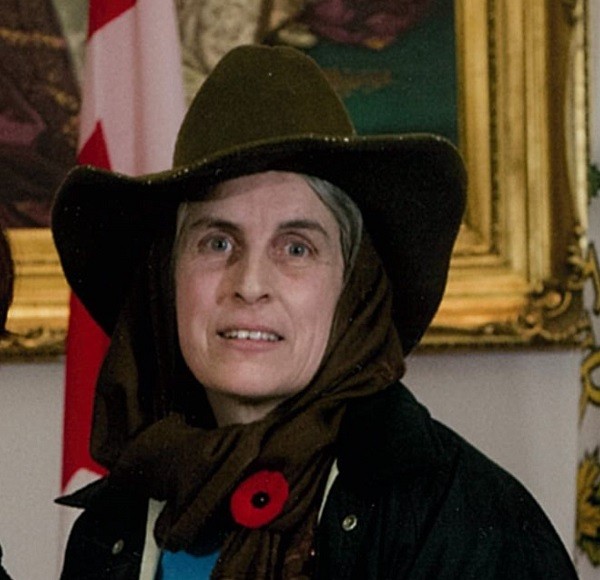
Deprivation of the ability to access, to acquire and to maintain the necessities to thrive leads to limiting the potential of humans, their capability and their optimism as well. Significant changes in society occur when our community’s government uses its power to represent the people and thus deliver unto them the means to access, to acquire and to maintain their necessities to thrive.
Improving decisions about health, wealth and happiness would take every governmental organization or benevolent organization to gather around a table to strategize, asking themselves: is our core business helping humans to that safe, just space where they can thrive in a sustainable and equitable future?
Anne Thompson
You May Also Like
Over 1 million Canadians Have Been Lifted Out Of Poverty Under Trudeau Government

